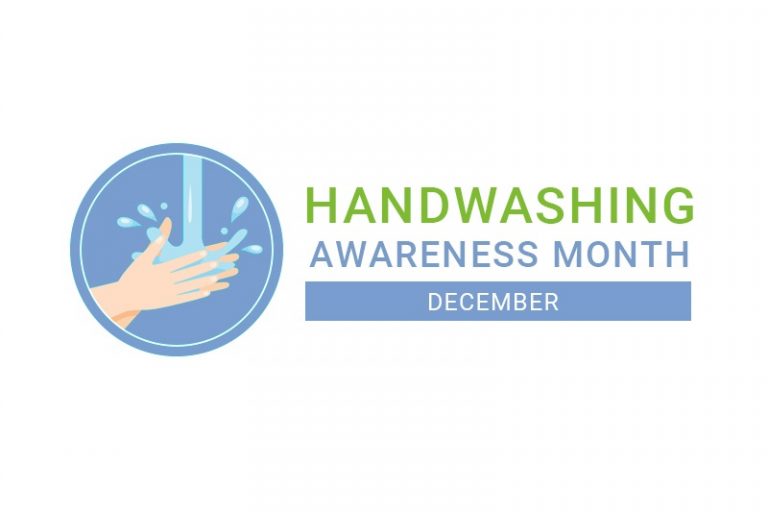Baby’s First Year – Key Milestones to Watch

The first year of a baby’s life is a remarkable period of growth and discovery. From their first smile to their first steps, every stage is a milestone worth celebrating. Understanding what to expect helps you support your baby’s development and recognize when they may need extra attention.
In the first few months (0–3 months), babies begin to make eye contact, respond to voices, and lift their heads during tummy time. By 4–6 months, you may see them roll over, start reaching for objects, and develop a stronger sense of awareness of their surroundings.
From 7–9 months, babies often sit independently, babble, and start exploring through crawling. They may also begin to show separation anxiety and respond to their own names. By the time they reach 10–12 months, many babies pull themselves up, “cruise” along furniture, and possibly take their first steps. Some may even begin to say simple words like “mama” or “dada.”
It’s important to remember that every baby develops at their own pace. Variations in timing are normal, but if you have concerns about your child’s progress, your pediatrician can offer guidance and support.
Providing a safe, engaging environment helps stimulate your baby’s growth. Talk, sing, read, and play with your child regularly. Offer age-appropriate toys and plenty of tummy time.





